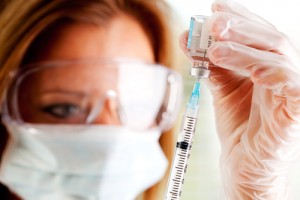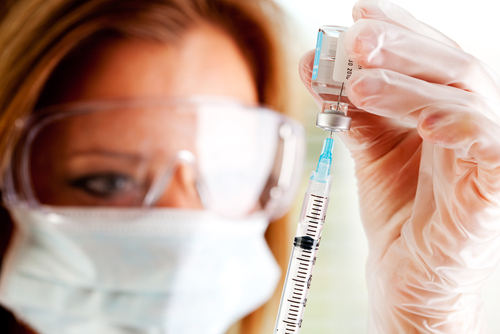 The HuMab 5B1 antibody has been announced as a clinical candidate to diagnose and treat pancreatic and colon cancer by MabVax Therapeutics Holdings, Inc., a clinical stage oncology drug development company.
The HuMab 5B1 antibody has been announced as a clinical candidate to diagnose and treat pancreatic and colon cancer by MabVax Therapeutics Holdings, Inc., a clinical stage oncology drug development company.
HuMab 5B1 is a fully human antibody that was recovered from patients who were being cancer-vaccinated at the Memorial Sloan-Kettering Cancer Center. The antibody has entered the manufacturing phase so clinical supplies can be produced for a planned Phase 1 program that will begin in the second half of 2015.
Two Phase 1 studies will occur simultaneously: one of them will be focused on proving that the radio-labeled antibody can act as a new PET imaging agent ready to diagnose and manage pancreatic cancer; the other program will assess the safety and potential utility of the antibody as a possible treatment for the same cancer.
The antibody has demonstrated high affinity, specificity and low cross-reactivity with similar antigens; it has shown potent cancer cell killing capacity and efficacy in animal models of colon, pancreatic and small cell lung cancer. The early results of toxicology tests continue to produce good profiles in acute and repeated dose models.
The HuMab 5B1, when combined with a radio-label and used as a PET imaging agent, demonstrated high image resolution of tumors in animal models. MabVax believes that this antibody fills all the necessary requests to be a clinical development candidate.
MabVax developed a technology that surveys the immune system response from many patients to discover the ideal monoclonal antibody candidate to each specific target through blood samples analysis. The company believes that this approach allows the identification of antibodies with higher performance features and minimizes toxicity side effects.
MabVax, a clinical stage biotechnology company, has been using this antibody discovery technology to discover antibodies to a wide variety of antigens on cancer cells, virus, bacteria and toxins. This approach is suitable to study infectious agents such the Ebola virus, however, the laboratory does not have the infrastructures required to proceed such studies.
The company is focused on antibody based therapies and vaccines development to address a positive response to the unmet medical needs in cancer and it is now committed to the elaboration of vaccines against recurrent sarcoma, ovarian cancer and neuroblastoma.


